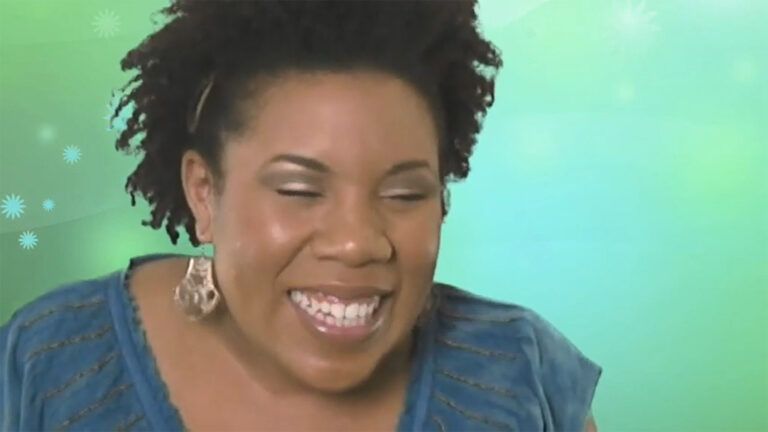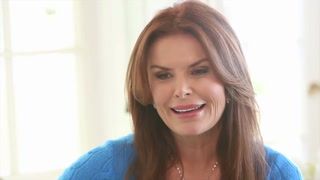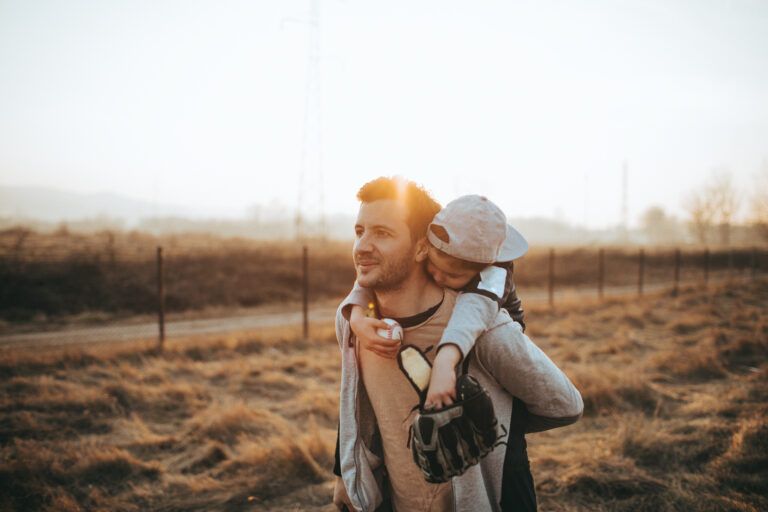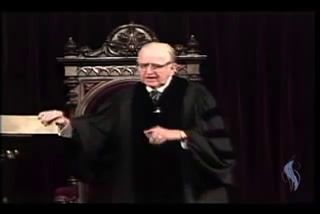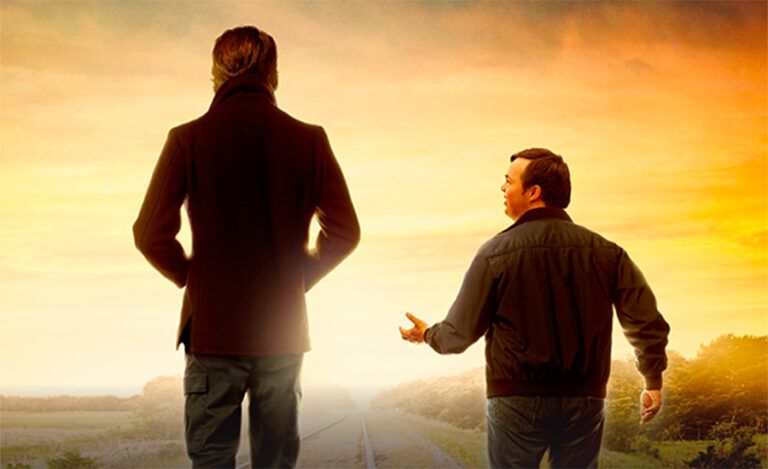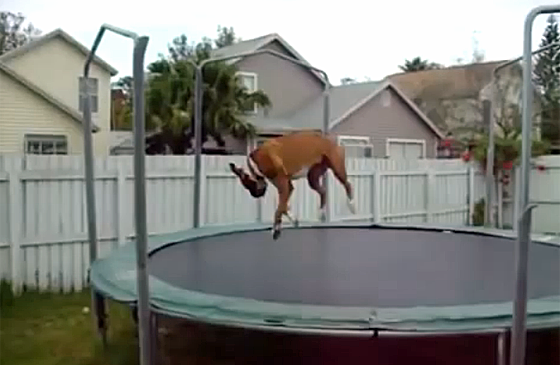
Interview with Carolyn Jess-Cooke
Carolyn Jess-Cooke tells how her brother’s death led to her writing her book.
View Transcript
[MUSIC PLAYING] Well, angels have always intrigued me as concepts. I’ve tried to write about them before when I was younger. But I think they are intriguing.
And people are curious about angels. Do they exist? If they do, what purpose do they serve? How do they look? Do they have wings?
And these were questions that I had, too. And I guess it’s questions that often motivate me to write. And these were the questions that, you know, kind of played a part in formulating Margot and that world, as it were.
I thought about the way I wanted to depict angels. And I knew that I didn’t want to have bird-like feathery wings anywhere in the book. As I thought about this, it seemed that perhaps the reason angels have been depicted with feathery wings is because the little bit of research I did was because way back in the day, before planes were invented, et cetera, angels were perceived as beings that could sort of fly and hover. And so I think the wings came into it then. This is how they could manage that.
But to me, it seemed that perhaps we’ve got it wrong. And they do have wings, but they form a much more practical purpose than just, you know, giving them this appearance of kind of the divine. And so the– I’d heard about this idea of the river of eternity that flows before the Throne of God.
And I thought then the wings would basically tap into this as a sort of form of communication. And it was just an imagination thing. It just came during the process of writing, I guess.
The idea for the book– well, I’m not quite sure. I can think back to the period of my life when I started writing it, which was around the time that my stepbrother was killed in Afghanistan. And I had had the idea for the book but hadn’t really given the time to really think it through yet, and the way I wanted it to play out.
But confronted with that tragedy and losing someone close to us, and at such a young age, kind of put things in a different perspective, I guess, and got me really confronting issues of deaths and also life, and how I was living my life, and the choices I was making, not that they were bad choices. But it made me really think, you know, am I living the sort of life I want to live? And do I want to regret anything, which, of course, is no. And this really kind of fueled the action of the book and the development of the story.
I think one of the ways this book did come about was I remember I was on a train. And, I mean, I’d already had the idea. But in terms of its development, after my stepbrother’s death, I was trying to write a poem about what happens after you die, because I thought, I actually do believe that there’s an afterlife. But I just, I can’t conceive of dying, and resting in peace, and knowing that my family would be grieving. I just couldn’t reconcile this in my head.
And I was trying to write a poem about it. And I couldn’t. I couldn’t finish the poem in a satisfactory way.
And so I think that question lingered until I had to write the novel. And I feel more content now. I can’t say that– it’s an undiscovered country. I can’t say that I know exactly what happens. But I feel more resolved about the issue.
One of my favorite poets is Mary Oliver, an American poet. And she has been a major influence on my writing, not in terms of style, but in terms of her approach, because she has said explicitly that she actually scraps work that doesn’t serve a spiritual purpose. And I adhere to that as well.
I think, well, what’s the point? You know, anyone can crank out a decent story or a intrigue, or, you know. But to really touch people on that level is quite a challenge. And it’s a noble thing. And if I can achieve anything of that nature, then I will be thrilled.
In terms of motherhood, I know that might seem disconnected. But I understand that I was pregnant when I wrote “The Guardian Angel’s Journal.” And, you know, and you can see motherhood really feeds into the book in a lot of ways, in terms of the descriptions of birth. But also, her main concern is about the way she was as a mother, because I think fundamentally, those are the kinds of regrets I don’t want to have. You know, it’s OK to regret some things but not when it comes to my children.
But when I was thinking about the way angels work, you know, being curious about what role they serve, I kept returning to the role of a mother. It was that kind of protectiveness that I fully identify with. And I think that’s probably why I was able to write it so quickly, because there were no barriers. There was no research really needed. I understood that instantly and could really relate to it. And I hope other people do, too, as well.
[MUSIC PLAYING]


